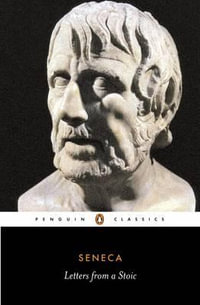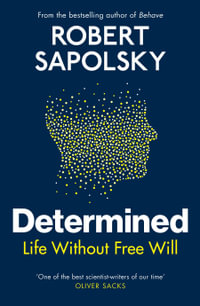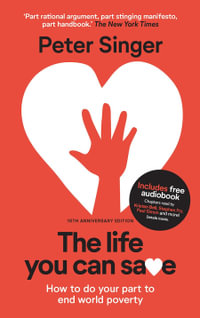In a world filled with both enormous wealth and pockets of great devastation, how should the well-off respond to the world's needy?
This is the urgent central question of Being Good in a World of Need. Larry S. Temkin, one of the world's foremost ethicists, challenges common assumptions about philanthropy, his own prior beliefs, and the dominant philosophical positions of Peter Singer and Effective Altruism. Filled with keen analysis and insightful discussions of philosophy, current events, development economics, history, literature, and age-old wisdom, this book is a thorough and sobering exploration of the complicated ways that global aid may incentivize disastrous policies, reward corruption, and foster "brain drains" that hinder social and economic development.
Using real-world examples and illuminating thought experiments, Temkin discusses ethical imperialism, humanitarian versus developmental aid, how charities ignore or coverup negative impacts, replicability and scaling-up problems, and the views of the renowned economists Angus Deaton and Jeffrey Sachs, all within the context of deeper philosophical issues of fairness, responsibility, and individual versus collective morality. At times both inspiring and profoundly disturbing, he presents the powerful argument that neglecting the needy is morally impermissible, even as he illustrates that the path towards helping others is often fraught with complex ethical and practical perils. Steeped in empathy, morality, pathos, and humanity, this is an engaging and eye-opening text for any reader who shares an intense concern for helping others in need.
Industry Reviews
Adopting a pluralistic approach to global aid is of great importance, and so is being sensitive to the role institutions play in promoting development goals. Being Good should be commended for calling attention to these themes. * Marcos Picchio, Economics and Philosophy *
The book is unique in regard to its empirically rich foundation. Temkin's work is rooted in vast philanthropic research, and a large portion of the book concerns the implications of moral theory in light of the hard data. This volume will not only reawaken the desire to do good but also make readers fundamentally wrestle with the empirical reality of doing good. Temkin forces readers to acknowledge that ethics is an abstract discipline but an incarnate, empirical reality. * Choice *
In this book, Temkin engages sympathetically but critically with both the philosophical views and the practical recommendations of effective altruists like Peter Singer. Specifically, he raises a number of challenges to the view that one of the most important things that the well-off among us can and ought to do in order to live a morally good life in a world of need...Temkin emphasizes repeatedly that he has long been, and remains, a strong proponent of aiding the badly off (44, 295, 318), and that at least most of what he argues in the book is compatible with the broad spirit of Effective Altruism. * Brian Berkey, University of Pennsylvania, Ethics *
The timing of Being Good could not be better. . . . both philosophers and economists stand to learn valuable lessons from Temkin's pluralistic approach . . . Adopting a pluralistic approach to global aid is of great importance, and so is being sensitive to the role institutions play in promoting development goals. Being Good should be commended for calling attention to these themes. * Marcos Picchio, Economics and Philosophy *
























